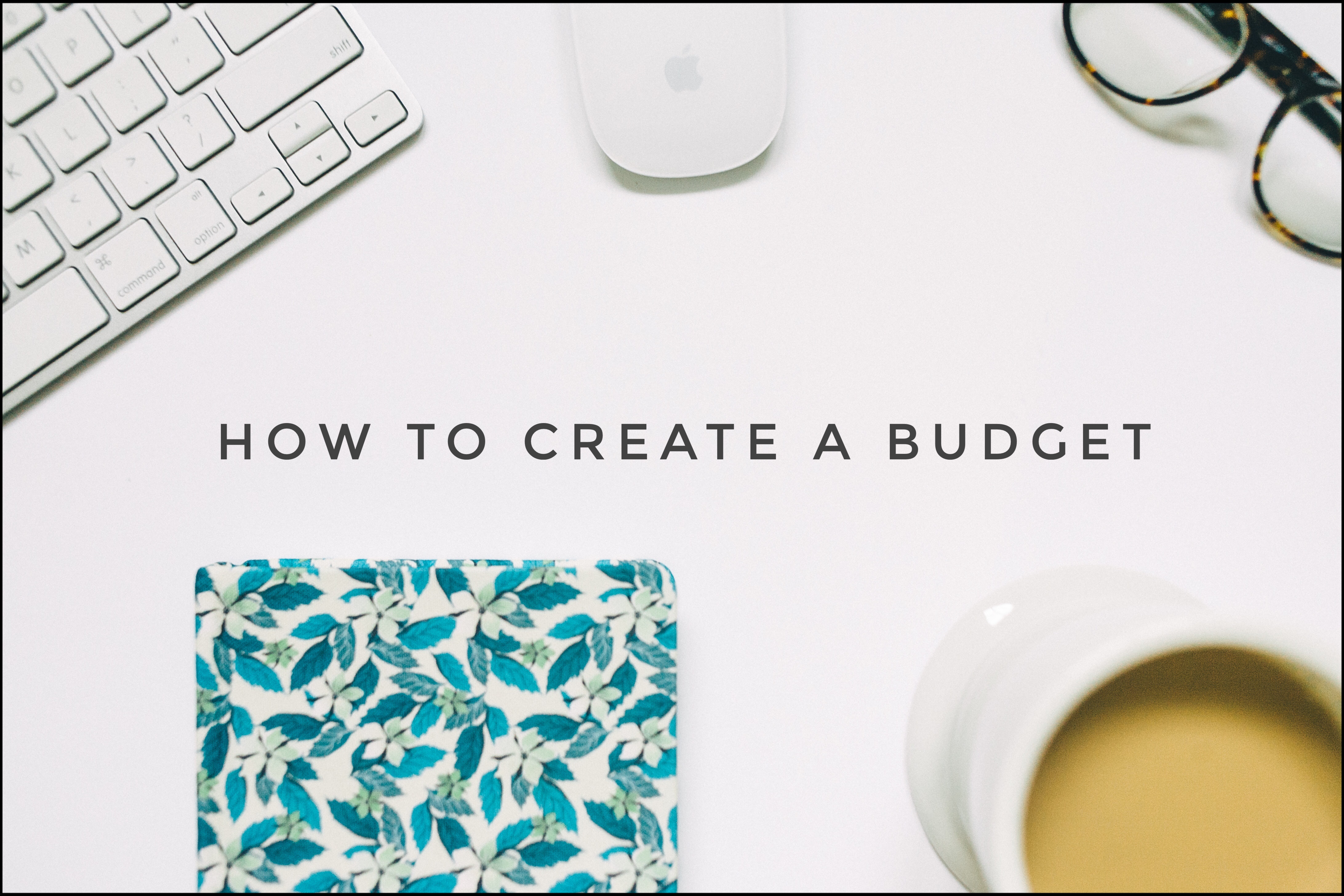What is a budget?
A budget is an estimation of your expenses over a specified period and is used to track anything your money is spent towards.
Why is it a good idea to have a budget?
Having a budget is important because it allows you to keep track of money earned and money spent at any given time. It is best to do budgeting on a monthly basis so you can see a complete picture of your income and spending but, it can also be done daily, weekly or bi-weekly.
There are many positives to having a budget. Budgeting helps in achieving your goals. It is a great way to build on savings, save for a vacation, helps to reduce debt and save for retirement. It also enables you to see where you are spending unnecessarily.
Budget Guide Steps
1. Total you Income for the month
The first step in budgeting is to take note of all sources of income that you receive every month. Income can include things such as employment income, salaries, wages, investment income, government and the list goes on. Anywhere where money is coming from should be considered a source of income.
2. Make a list of all your expenses
To get a good sense of where your money is going, you need to make a list of all your costs monthly. How much are you spending on things such as:
- household bills ( water bill, electricity, etc.)
- Insurances ( Car, house, Life, etc.)
- Travel (Car, gas, public transit)
- Childcare
- gifts
- entertainment ( food, movies)
Every dollar spent should be accounted for!
3. Subtract Expenses from your Income
Taking all your expenses and subtracting it from your monthly incomes gives a real-time view of your financial picture. You want your total to be zero or on the plus side. If it is in the negative, this means that you are spending more than you are bringing in. In this case, you will need to adjust and see where you can move things and balance things out. The results may seem scary but do not be scared at all, it is the reality, and it is always best to face reality in the face and deal with it.
4. Make a habit of tracking all Daily Expenses
Tracking daily expenses helps to create awareness of where your hard earned money is going. To stay on top of regular spending, try keeping a log ( in a book or on your phone) of what you purchased and why. Keeping your daily receipts on things spent daily is another way to track spending. Tracking also helps to identify spending issues and allows you decide how you will change these habits that are not helping you save. Do you need that extra coffee and donut anyway??
Every month is different we can not expect that we will have the same expenses every month. Things may arise such as unexpected repair expenses or annual things like birthday or even back to school shopping. We always need to factor all these things into creating our budget form the beginning. It is best to try to prepare for the unexpected.
Budgeting helps you also to prioritize whats important. It is essential to understand the basics of income versus expenses before you can begin to develop a budget that you can work with. It is never too late to start.
Happy Budgeting!
![]()
